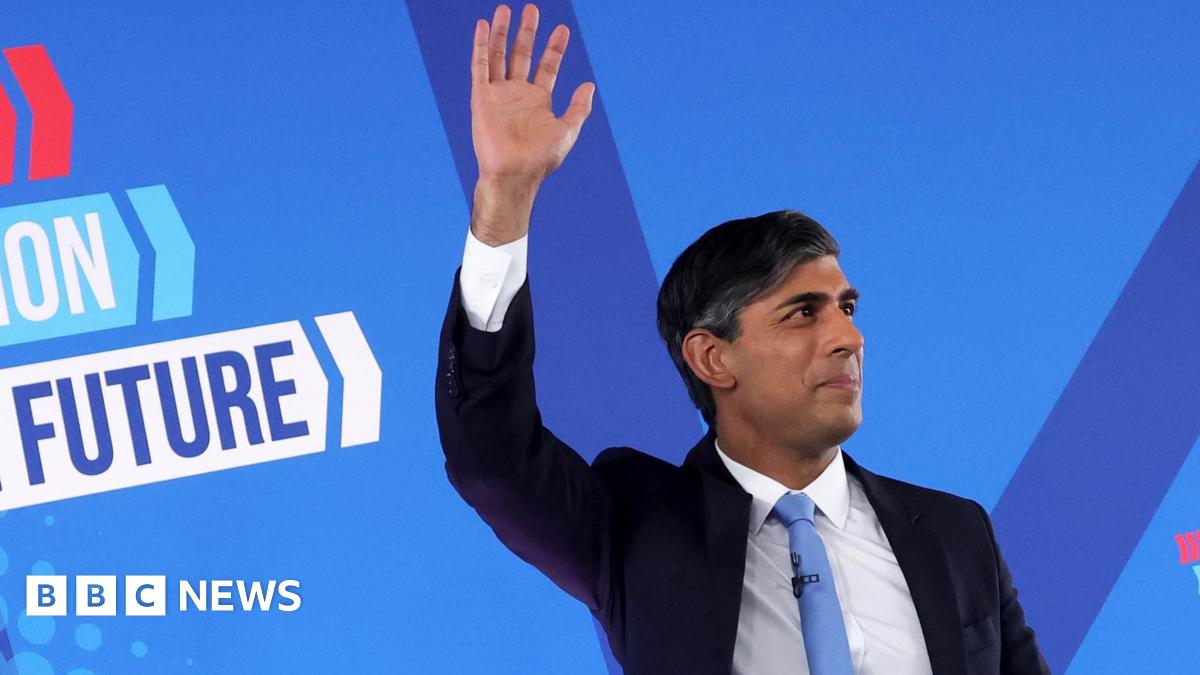If you remove Africa from the equation then the global population has been in decline for most of this century.
To say that the global population will be reducing by the end of this century is akin to saying CD sales have been in decline for its first quarter. The extent of this decline will be severe, precipitous and catastrophic for many countries, and quite possibly humanity as a whole, at least for a couple of generations, if not ad infinitum. The rate of reduction is going to be mind blowing.
The impact on matters such as social care, as there simply won’t be the numbers of people of working age to deliver it, will be profound and may require a complete revaluation of how we assess matters such as ageing, euthanasia and life itself. AI may provide some solution to this issue in the form of robotics, although it’s hard to see how that will assist in making the elderly feeling less isolated and lonely, but that may be the only practical solution short of adopting a Logan’s Run type future.
The issues currently being debated in this thread are a microcosm (and the start) of what awaits us and I find myself in agreement with posters with whom I don’t always share the same political outlook, but we have to face up to reality.
Some resolution may come from taxing property and the very wealthiest in society, but to suggest that is a complete panacea, and not without risk, is completely misguided. It certainly isn’t a complete solution, despite what some posters seem to believe.
I think stagnant or weak growth are likely to be endemic going forward. It seems too embedded and long-standing now for that not to be the case. I certainly don’t think it’s wise to make any economic assumptions based around late ‘90s levels of growth as a predication for spending levels.
Defence spending absolutely has to increase along the lines already committed to, as we are currently at war with Russia and that is highly unlikely to change for the foreseeable. I don’t agree that net zero should be abandoned as I think it’s in the nation’s medium and long term strategic best interests to pursue that course, and it is achievable. I feel the issue of illegal immigration isn’t substantive enough (in financial terms) to warrant forming a significant part of this discussion. And any country that substantially reduces education spending is failing to invest in its future.
So that leaves health and welfare, not least because they represent such an overwhelming percentage of overall expenditure and one way or another this is where the savings will have to be made. Obviously this needs to be done in a way that avoids the greatest injustice, but it will be sadly painful for lots of people. The political messaging needs to be faithful to this reality, but that will require a level of courage not currently on display.
These challenges will be faced by most developed counties btw. A combination of the foregoing demographic changes and the decline in western hegemony are both combining to create a reality that has to be faced up to.
Ignoring it won’t make it go away.


